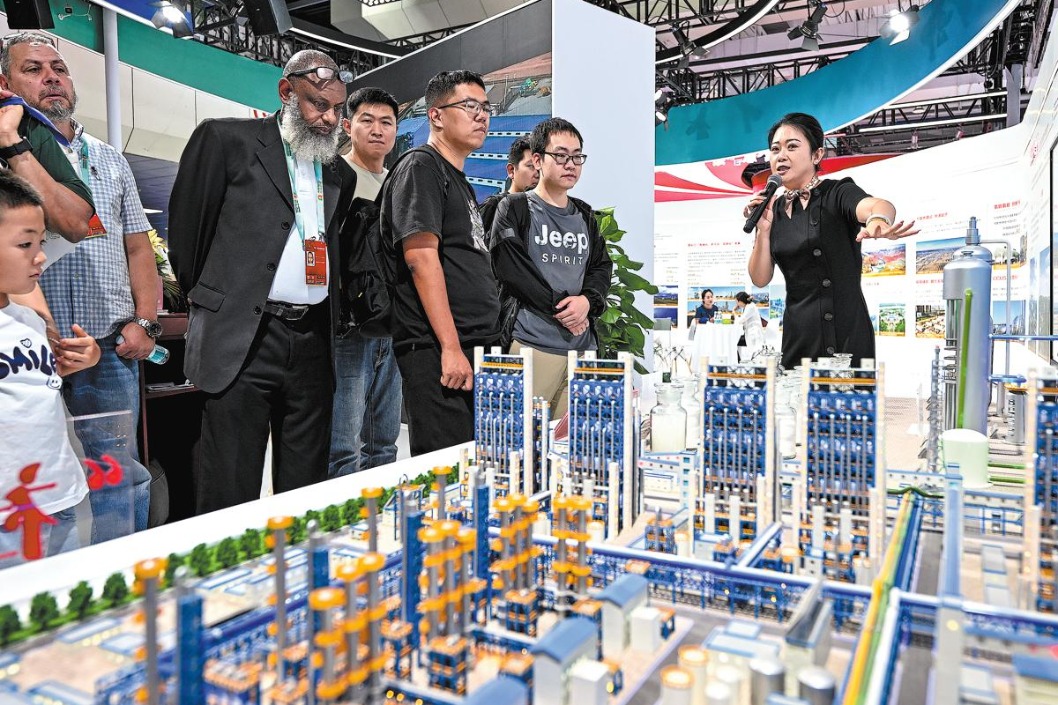Structural employment challenge prompts retirement age delay


The Standing Committee of the 14th National People's Congress, China's top legislature, is holding its 11th session in Beijing from Tuesday to Friday, and deliberation on a delayed statutory retirement age is on the agenda.
Since the central authorities confirmed for the first time in an important resolution issued in July that delayed retirement will be advanced on a "voluntary and flexible" basis, the narrative is no more about if, but when and how the statutory retirement age will be raised.
China has a serious aging population problem, a trend that is unlikely to be mitigated anytime soon. As the trend continues, the country may face labor shortages and pension pressures in the future. That is why the central authorities plan to raise the retirement age.
Compared with developed countries, China's statutory retirement age is relatively low. In China, male employees and cadres retire at 60, female employees at 50 and female cadres at 55, while in most developed countries both men and women retire at 65. Some countries are still calling for the retirement age to be raised.
For example, the United States has adopted a plan to gradually raise the retirement age from the current 65 years. In Japan, the retirement age is generally between 65 and 70, and companies can set the retirement age at above 70 too.
China's current retirement age has obviously not kept pace with its changing demography as well as social and economic development, especially at a time when the country's average life expectancy has gone up by more than 30 years from what it was 70 years ago and the kind of work people do is no longer just manual. In this context, the adoption of a gradual delay in retirement age appears necessary and also feasible, given that it is conducive to increasing the supply of labor forces to alleviate the country's structural employment problem.
However, while promoting delayed retirement, the relevant authorities should also face up to the grim reality that many young people in China nowadays cannot find jobs, and in some sectors such as the internet, employees aged 35 or above are losing their jobs. Apart from increasing the supply of labor, raising the statutory retirement age will also increase the pressure on employees. To address this, the authorities should adopt a prudent and considerate approach, and, if necessary, introduce some supportive social security measures.
































